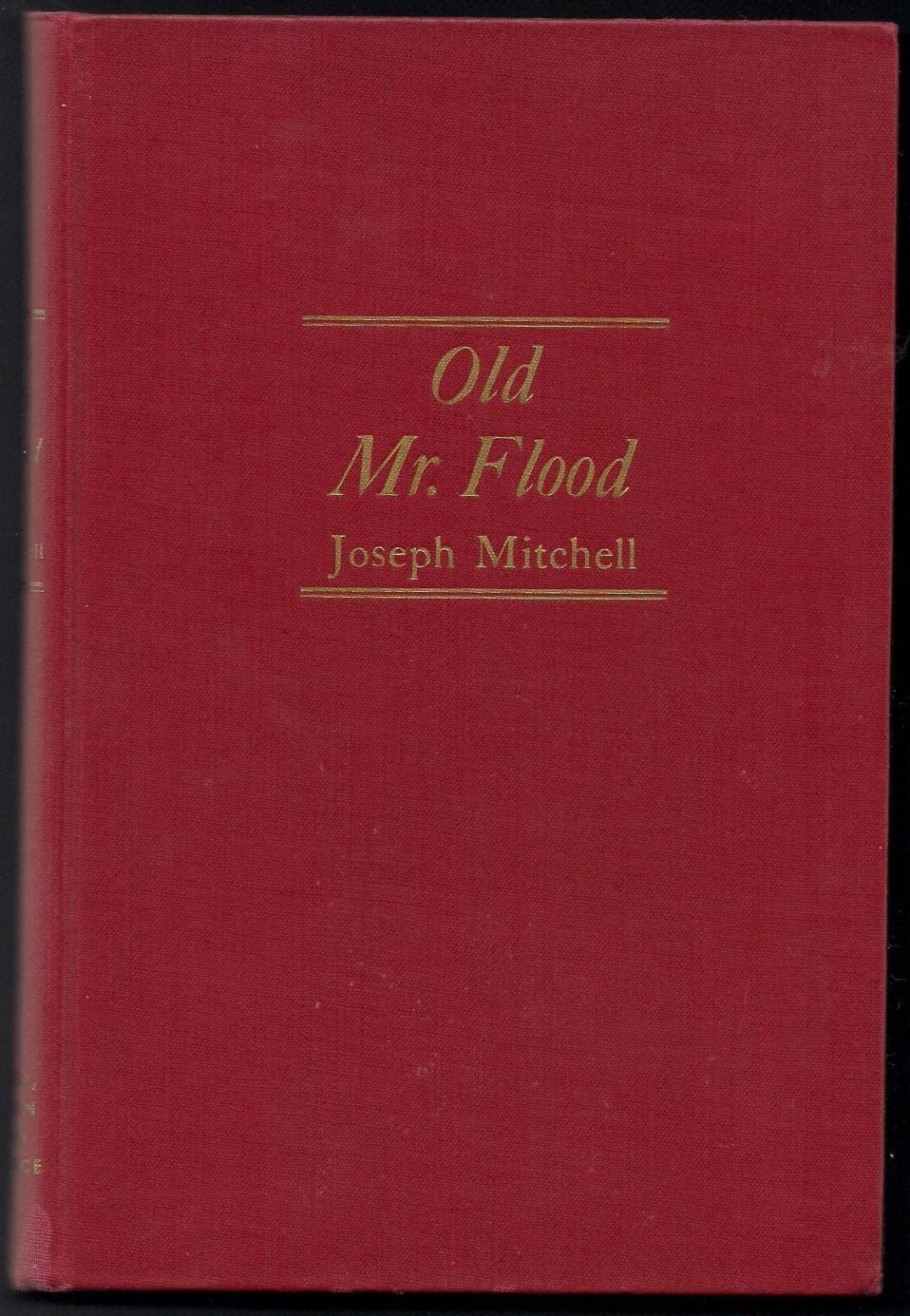Well-Known Books:
Men Are From Mars, Women Are From Venus [psychology], John Gray
The Pelican Brief, John Grisham
She's Come Undone, Wally Lamb
All the Pretty Horses, Cormac McCarthy1
Truman [biography], David McCullough
Waiting To Exhale, Terry McMillan
The Secret History, Donna Tartt
The Bridges of Madison County, Robert James Waller
[Other titles by writers frequently on bestseller lists: Stephen King, Anne Rice, Sidney Sheldon, Mary Higgins Clark, Danielle Steele, James Michener and others.]
My List:
The Children of Men, P. D. James2
Jesus’ Son, Denis Johnson3
Billie Dyer and Other Stories [stories], William Maxwell4
Black Water, Joyce Carol Oates5
The English Patient, Michael Ondaatje6
Snow Crash, Neal Stephenson7
Written on the Body, Jeanette Winterson8
This is the first of McCarthy's Border Trilogy, followed by The Crossing (1994) and Cities of the Plain (1998); it won the National Book Award and the National Book Critics Circle Award. It was McCarthy's sixth novel, but the first to bring him a wide national audience, and the second book after his move from Tennessee to the American Southwest. His fourth novel, Suttree, has long been my favorite novel (of anyone's).
Baroness James (1920-2014) was a much-admired writer of crime fiction. The Children of Men is a dystopian one-off in her body of work, describing a near future in which (almost) no one is able to conceive a child. It's the basis of the gripping film, Children of Men (2006)—-Clive Owen, Julianne Moore, Michael Caine.
One of three "slender novels" [https://longd.substack.com/p/the-skinny-on-slender-novels-2] on this list. It consists of linked short stories, including two of my favorites, "Car Crash While Hitchhiking" and "Work" (which contains one of my favorite lines: I felt weak. I had to vomit in the corner—just a thimbleful of gray bile.). Not long ago, The New Yorker published a fascinating piece on the story behind "Car Crash . . . "
[https://www.newyorker.com/news/american-chronicles/the-terrifying-car-crash-that-inspired-a-masterpiece].
At some point I stopped thinking of this as a collection of stories; considering the flexibility of the term "novel," I think it qualifies.
My second favorite novel of all time is Maxwell's So Long, See You Tomorrow (1980) [https://longd.substack.com/p/the-skinny-on-slender-novels-1]. Maxwell, a long-time New Yorker editor, had fictionalized his personal history in earlier works, but from this novel onward his writing is almost pure autobiography. [I met Maxwell at an awards ceremony in New York City once; I tripped all over myself trying to express my admiration and thanks for his influence on my work. He was a quiet, smallish, Midwesterner. When I got flustered he kindly put me at ease.]
A small powerful fictionalized account of the 1969 incident in which Ted Kennedy's car plunged off a wooden bridge on Chappaquiddick Island (Martha's Vineyard), resulting in the drowning of a young staffer, Mary Jo Kopechne. [I was in summer school in Ann Arbor and distinctly remember the headlines on the stacks of papers where I stopped for coffee every morning on my way to campus.]
I found this novel confusing on a first read—as in When is this? Where are we? When I tried again, all fell into place. One of my favorite novels. I also love Anthony Minghella's stunning film version (1996) with Ralph Fiennes, Juliette Binoche, Kristin Scott Thomas, Willem Dafoe, and Naveen Andrews.
Snow Crash is a great place to start reading Stephenson—or Cryptonomicon (1999). He's a prolific writer of "speculative fiction," sometimes considered the father of cyberpunk. My favorite is Seveneves (2015), and the recent Termination Shock (2021).
Another of the "slender novels". Winterson's first novel, Oranges Aren't the Only Fruit (1985), established her as an important writer on LGBTQ themes. Written on the Body, about a three-sided love affair, has the provocative twist of never giving the central figure's name or gender. Her later novels continued to display a fearless narrative inventiveness.
Two Others:
Monster in a Box [monolog], Spalding Gray, 1992 (9)
Gray was an actor and monologist. His piece Swimming to Cambodia, about his small role in the film The Killing Fields, inaugurated a series of performance pieces in which he spoke to his audience from an unadorned table center stage. Each of the monologs later appeared in print and on film. I recommend hearing his voice [New England accent, droll delivery] before reading the books. I loved his work (I saw him perform Gray's Anatomy at Seattle's On the Boards in the late 90s).
https://en.wikipedia.org/wiki/Monster_in_a_Box
https://en.wikipedia.org/wiki/Spalding_Gray
https://www.elliottbaybook.com/browse/filter/t/journals%20of%20spalding%20gray/k/title
Up in the Old Hotel and Other Stories, Joseph Mitchell [reportage], 1992
Mitchell was a Southern newspaperman who spent his life writing [and not-writing] for The New Yorker. This collection is a good introduction to Mitchell; for more on its contents, especially "Joe Gould's Secret," see the Wiki link below. This volume includes the three pieces that make up Old Mr. Flood, a slim gem published in my own birth year, 1948. One of my most-prized possessions is the dustjacket-less first edition inscribed To John & Jean Long from John & Patty Simonds.
https://en.wikipedia.org/wiki/Joseph_Mitchell_(writer)
Birth Year Project: A standing invitation
You supply your birth year [in a comment]; I'll respond with a short list of books published that year—the popular/well-known titles first, then some books I'd recommend. If your year's already been used, fret not; I'll do a fresh one.
Extra credit: You read one of the books (ideally one you're unfamiliar with), then tell me what you thought. If we get enough of these, I'll aggregate and post.
And finally . . .
Help me scare up more subscribers!






Wow, thanks for the list. The only book I’ve read is The Secret History which I rather disliked. I will have to read a few of these, especially those on your list, and give you my thoughts.